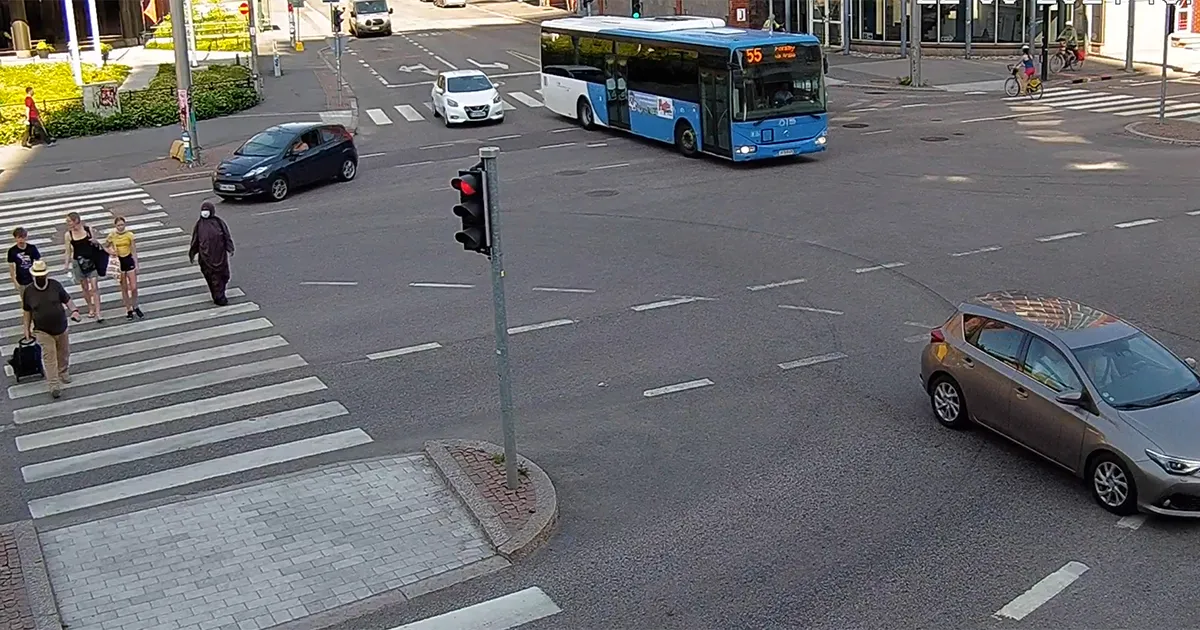
Tokyo has topped the list of the world's future-ready cities, according to research launched during the Smart City Expo World Congress 2022 in Barcelona.
Thinktank ThoughtLab released its findings - described as an "evidence-based roadmap" - as an eBook and a microsite during the event.
Its definition of future-ready is "smart, sustainable, inclusive, prosperous and resilient, with the ability to meet the evolving needs of citizens and businesses".
Building a Future-Ready City explores how 200 cities—with diverse populations and economies—use innovation, partnerships, technology and other drivers of change to build their future.
The study also looks at how expectations and behaviour of 2,000 citizens in 20 cities have changed - not least due to Covid-19 - and highlights where the needs of citizens are not aligned with the paths cities have chosen.
Findings from this research suggest there is an expectation that people will increasingly choose more environmentally-friendly modes of transport, and there is insight into the use of artificial intelligence, the Internet of Things, blockchain, digital twins, digital incubators and the Metaverse
"The Covid-19 pandemic and other recent social and economic disruptions forever changed the expectations and behaviours of citizens, businesses and cities," says the introduction to the research.
"The degree of change and sweep of challenges have never been greater for cities. The most successful metro areas will be those that have clear visions and roadmaps for transforming themselves into future-ready cities. To succeed, urban leaders need evidence-based analysis that shows the innovative technologies, solutions, and business models that will work best in the future."
The top 10 of future-ready cities is:
1 Tokyo, Japan
2 Hangzhou, China
3 Helsinki, Finland
4 Tallinn, Estonia
5 Taipei, Taiwan
6 Durham, UK
7 Aberdeen, UK
8 Sapporo, Japan
9 Boulder, US
10 Madrid, Spain










